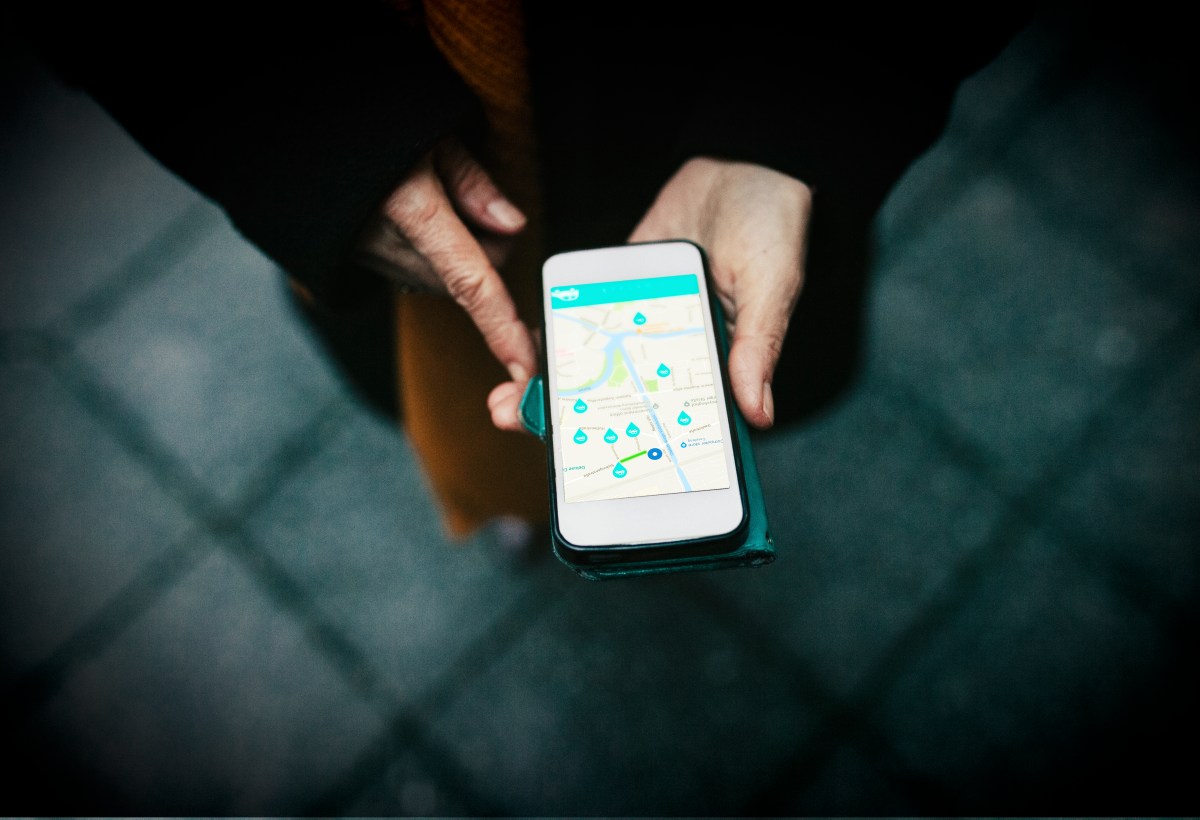According to security researchers, they have been caught by a close -up attempt by the nearby East, which will take advantage of a new attack that can cheat on telephone operators to reveal the location of the cellular customer.
The attack depends on the overtaking safety of safety protection, which drivers have set up to protect the SS7 or the signaling system 7, a private prototype group used by global telephone operators to route subscribers from around the world.
The SS7 also allows transport companies to ask for information on which cell tower the subscriber phone is connected, and is usually used for invoicing customers carefully when they call or write, for example, abroad.
ENEA researchers, a cyber security company that provides shelter for telephone companies, said this week The fact that they have detected an unnamed supervisory salesman who will take advantage of a new bypass attack as early as the end of 2024 to get people’s phones location without their knowledge.
ENEA Technology Director Cathal MC Daid, who has written a blog message, told Techcrunch that the company detected “only a few subscribers” and that the attack did not work against all telephone companies.
MC Daid reported that the bypass attack gives the supervisor the opportunity to locate the individual in the nearest cell tower, which can be reduced to a few hundred meters in urban or densely populated areas.
ENEA informed the telephone operator that it found that the abuse was used, but refused to name the supervisor, except to see that it was located in the nearby East.
MC Daid told Techcrunch that the attack was part of the growing trend of harmful operators, which uses such exploitation to get a person’s location, warning that the sellers behind their use “would not find them and use them if they had not succeeded somewhere.”
“We expect more to find and use,” MC Daid said.
Supervisors, which may include manufacturers of spyware programs and bulk internet traffic providers, are private companies that typically work exclusively for state customers to perform intelligence collection operations against individuals. Governments often claim to use spy programs and other exploitation techniques against serious criminals, but the tools have also been used for allocating members of civil society, including journalists and activists.
In the past, supervisors have received access to SS7 via a local telephone operator, abused rented “global title”, or through the connection of the government.
But due to the nature of these attacks, there is little to the cell network level that phone subscribers can do to defend abuse. Rather, the defense of these attacks is largely based on telecommunications companies.
In recent years, telephone companies have installed firewalls and other cyber security protectors to defend SS7 attacks, but the quilting nature of the global cell network means that not all operators are as protected as others, including in the United States.
According to a letter from Senate Ron Wyden last year, the US Department of National Security said in 2017 that several countries, especially China, Iran, Israel and Russia, have used SS7 vulnerabilities to “use US subscribers”. Saudi Arabia has also been shown to abuse abuse errors in SS7 to control its citizens in the United States.
